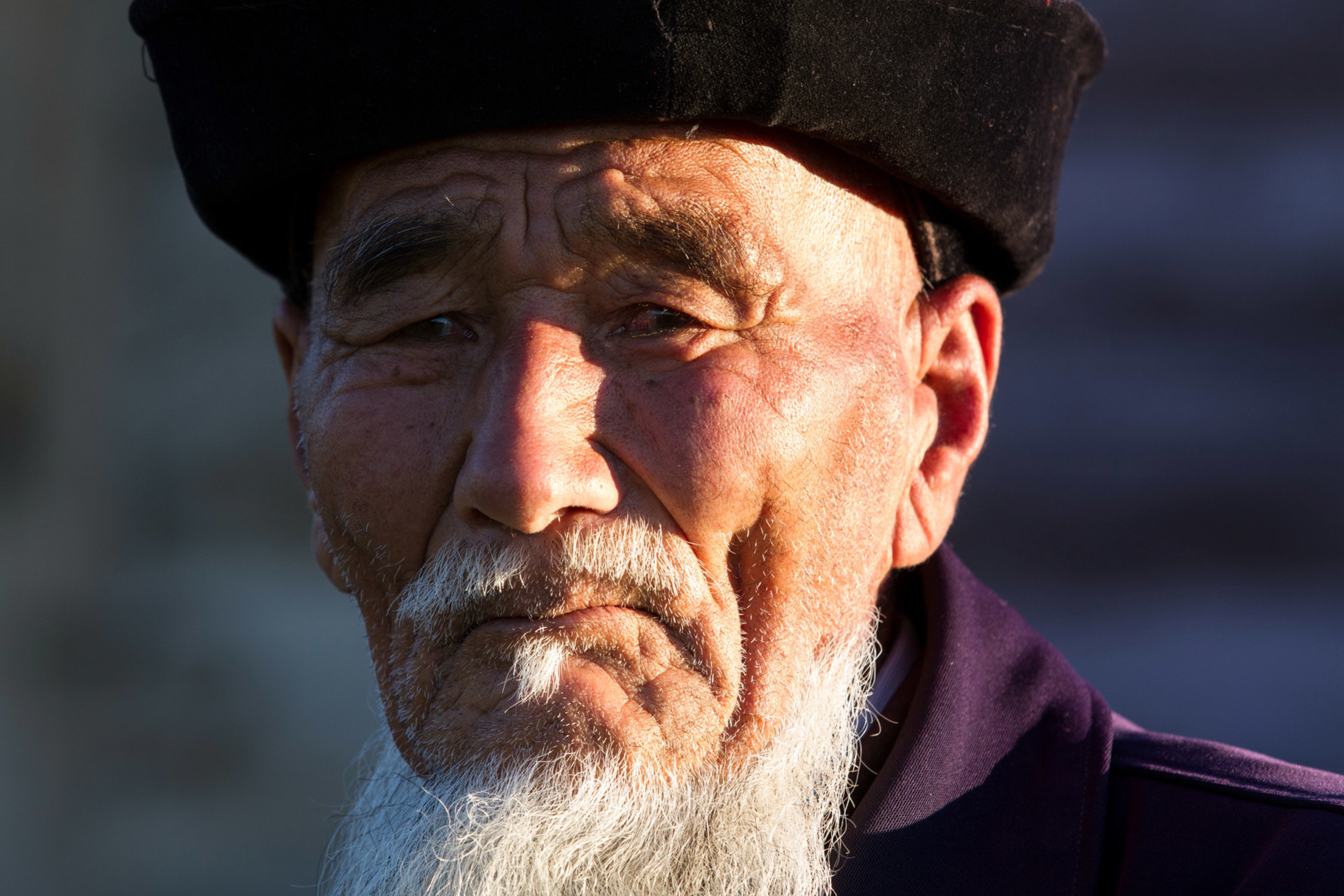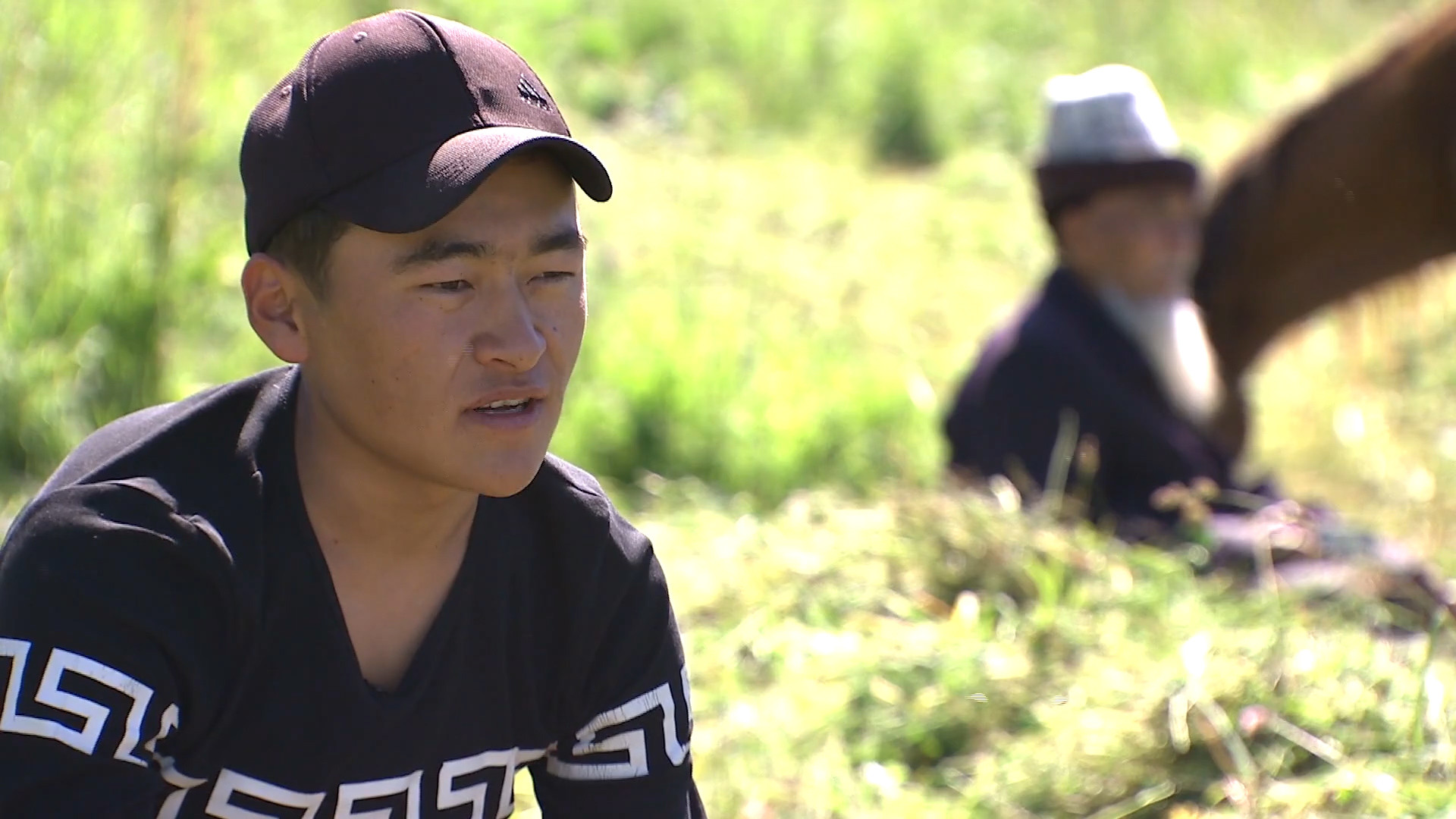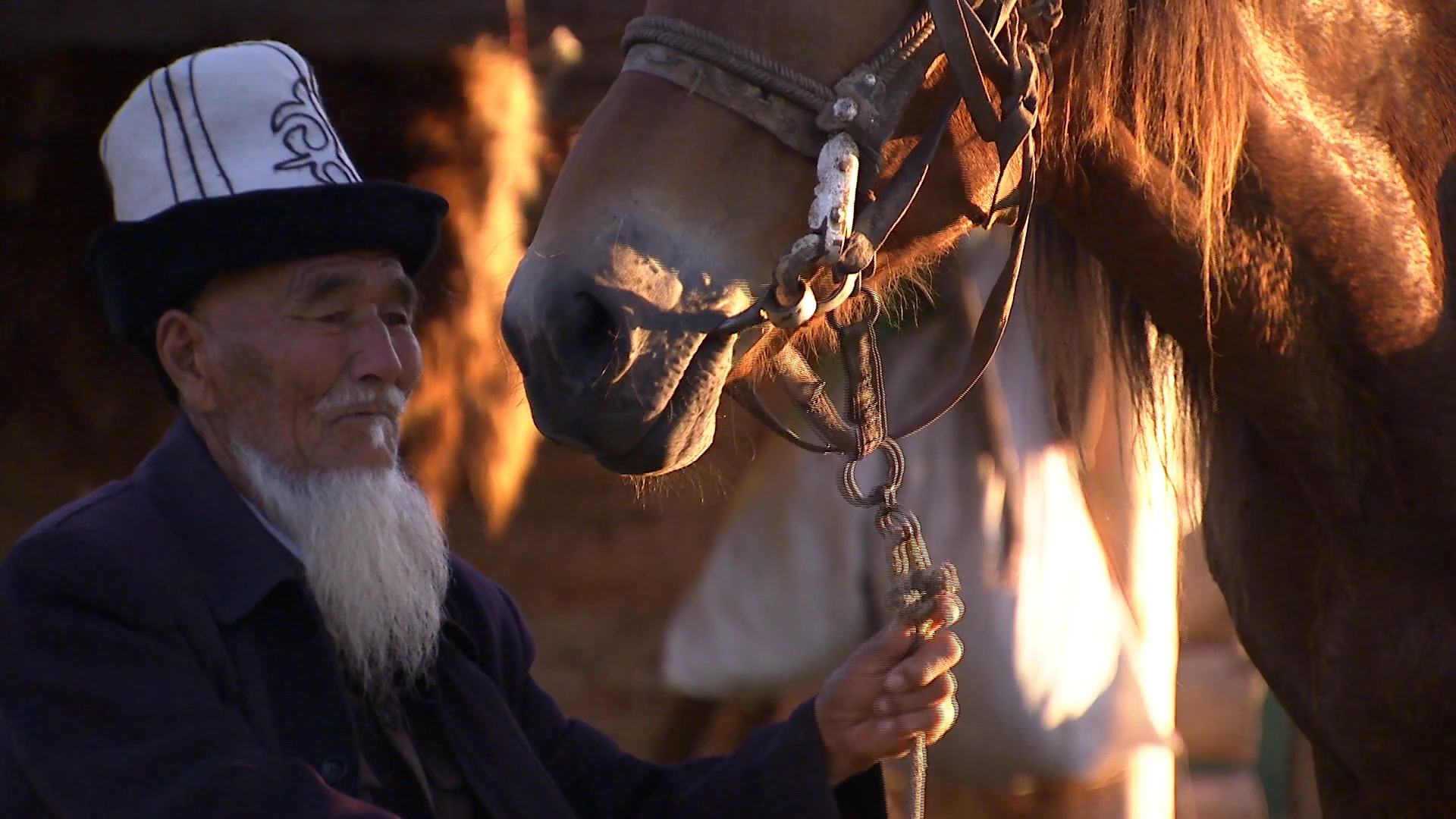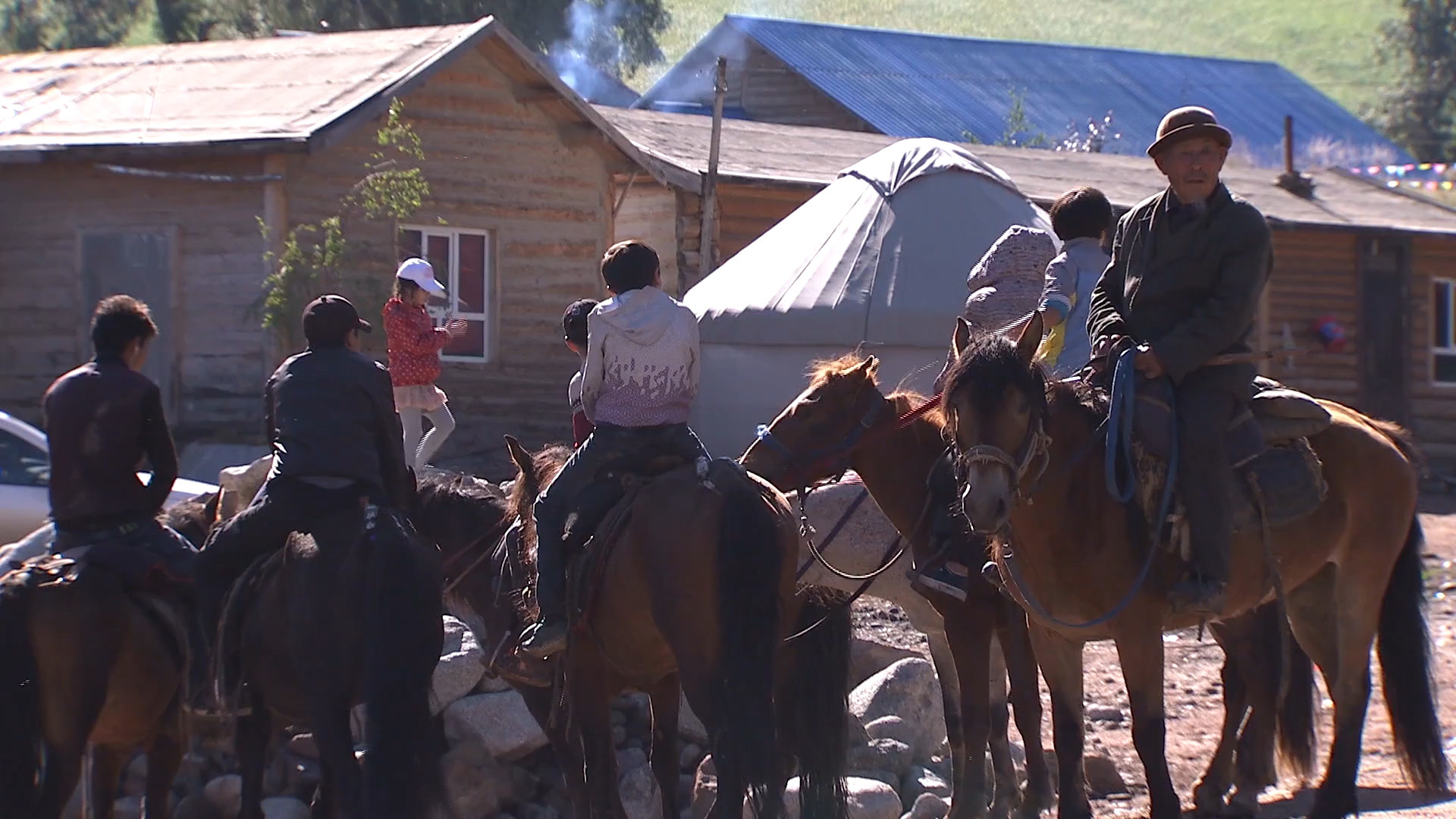From the series XINJIANG: Exploring China’s new frontier
Han Bin visits a village in northern Xinjiang’s Yii Prefecture. He found out how modernization has brought dramatic changes to this once isolated village, and new conflicts among the different groups of people.

A pastoral life, at the foot of the Tian Shan Mountains. Qiongkushitai is known for its idyllic beauty. Some 300 Kazakh families live in this village.
Eighty-six-year-old Aby Johmubay has been roaming the grasslands ever since he was born.
“This place used to be very quiet, with few people living a nomadic life. Now, we’ve seen a lot of people coming from outside. Animal husbandry has been restricted with the government’s grazing ban,” said Aby.
Ehye Bahyar, is Aby’s grandson. He is one of the eight children from the village who’ve been admitted to university.

Aby feels as though he’s sitting at the edge of the ancient world, in an increasingly urban Xinjiang.
Ehye also loves the grasslands, but he doesn’t want the life of his grandfather.
Qiongkushitai’s “peaceful” existence came to an end five years ago, when it was listed as a “State Historical and Cultural Village.” Roads have been built, connecting to even the most remote homes.
The local government promotes tourism to upgrade the living conditions. The growing number of visitors has forced lifestyle changes. And many welcome this. Ehye is hoping Qiongkushitai will open, much more.
“I have seen more and more young people busy doing farm house tourism. I don’t want to just stay at home,” said Ehye. “I want to earn some money, and to lower my living costs and pay the tuition fees. This will help family life as well.”
Domestic tourism is booming in China, demanding new destinations like Qiongkushitai. Xinjiang’s unique natural scenery is a tremendous draw for tourists. The local government hopes the industry can boost the economy. But many herdsmen worry about the effect on their tranquil lifestyle.
The Kazakhs are known for “living on horseback”. This tradition is gradually fading as more young people leave the village for the big cities.
Ehye still helps the family with the animals, but he knows the nomadic life won’t get him rich, and tourism can.
Finding forage is increasingly difficult, as herders have to travel farther. The government has issued new regulations to restrict herding to protect the grasslands for eco-tourism.

Elye: “I can’t raise livestock on the grasslands all my life. I have my own dreams and grandpa has his dreams. I would love to go to the big cities to watch, to open my mind and eyes.
“No, I don’t want to stay in the mountain areas forever. I want to realize my dreams, and I really want to make a change to the traditional lifestyle,” said Ehye. “I can’t raise livestock on the grasslands all my life. I have my own dreams and grandpa has his dreams. I would love to go to the big cities to watch, to open my mind and eyes.”
Qiongkushitai is changing. The centuries-old way of life of their ancestors is disappearing. For herdsmen like Aby, the future of nomadic life is in question.
Aby said modern conveniences are not the measure of his happiness. He feels as though he’s sitting at the edge of the ancient world, in an increasingly urban Xinjiang.
It’s also more comfortable in the old village, he added. He intends to savor it as long as it lasts, he said.
 CGTN America
CGTN America



